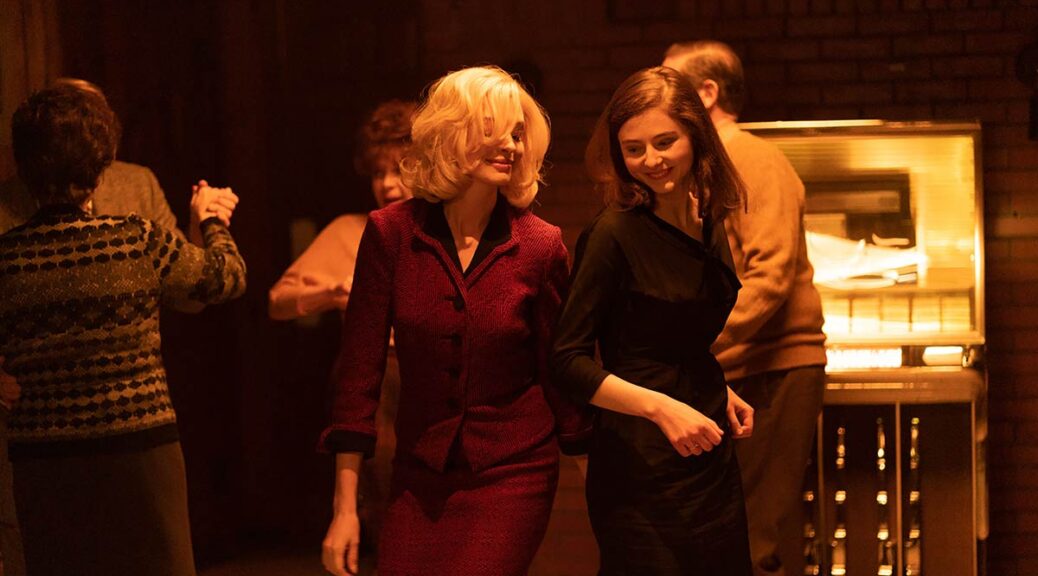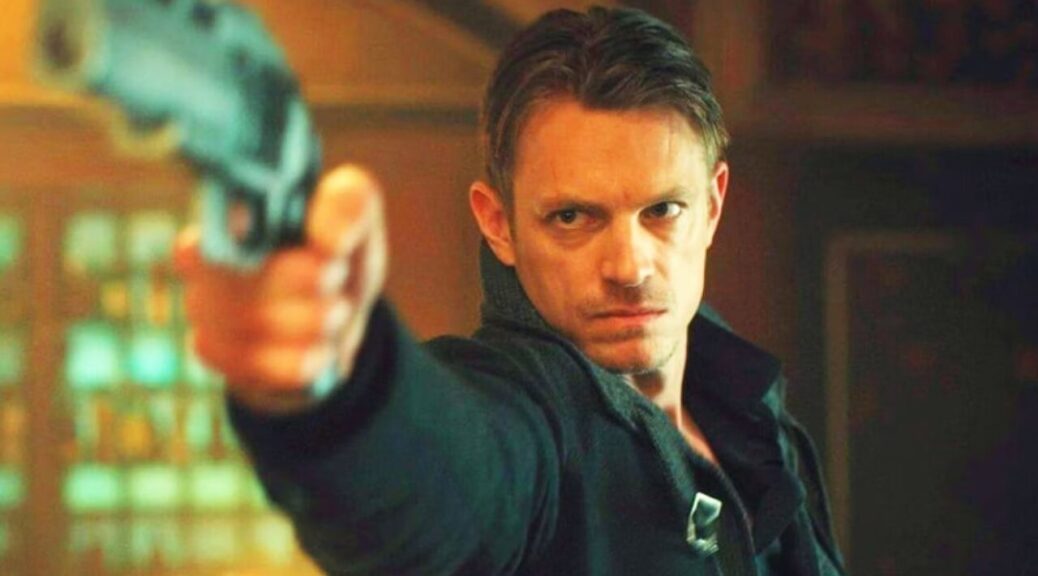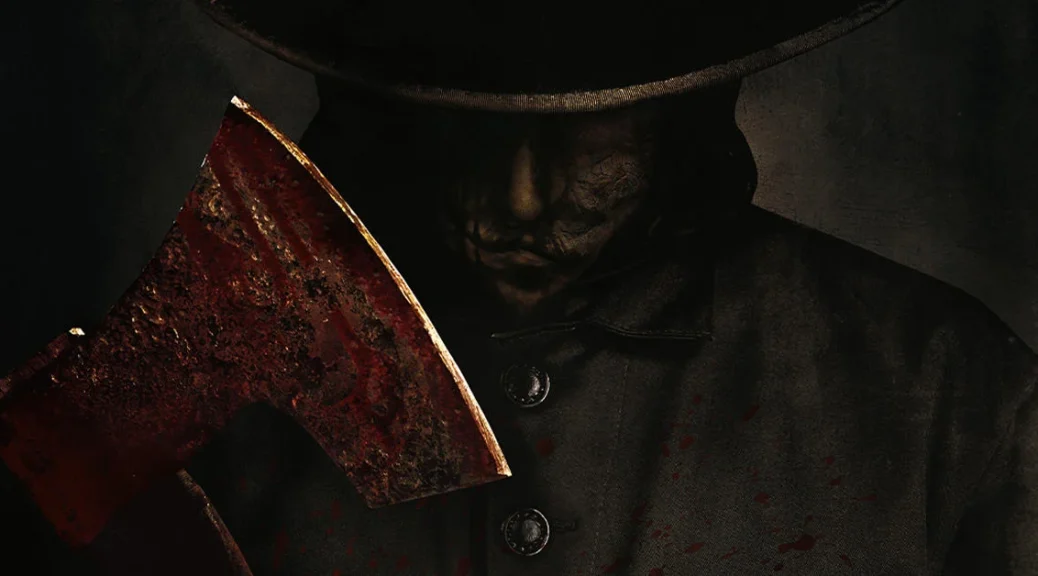The Boys in the Boat
by George Wolf
We last heard from director George Clooney two years ago, when a fine supporting turn from Ben Affleck was the only thing saving The Tender Bar. That film was so obvious and rote that any interest it inspired in the source novel was only to see what Clooney found so special about it.
He’s back behind the camera for The Boys in the Boat, and unfortunately, none of those boys is Ben Affleck. Because again, we get an inspiring true-life tale presented with none of the humanity, tension or freshness it needs to be inspirational.
It does look good, though.
Clooney leans on screenwriter Mark L. Smith (The Revenant, Clooney’s own The Midnight Sky) to adapt Daniel J Brown’s biography of The University of Washington’s 1936 rowing team. Leading up to that year’s Olympics in Berlin, the group of young rowers hoped to vanquish Hitler’s prized athletes in a contest we’re told is “more poetry than sport.”
Smith’s script tells us a lot of things, but Clooney never manages to make us feel much of anything.
Young Joe Rantz (Callum Turner, fairly lifeless) needs money for shoes, a roof and tuition, so he tries out for the rowing team when he learns team members get a job and a room. He endures coach Al Ulbrickson’s (Joel Edgerton) grueling boot camp to make the squad, and the victories start piling up, right alongside the cliches (hey, that old man tending the boats might have wisdom to share!)
Joe’s romance with the spunky Joyce (Hadley Robinson) comes just as easily, while Joe’s awkward reunion with his alcoholic father lands as a lazy attempt to rekindle memories of Hoosiers without the same investment in character development. Possible avenues for tension – such as a mysterious illness for one team member – are conjured up and then resolved with more regard for convenience than effect.
Remember, George Clooney is an Oscar-nominated director, and that 2005 nod for Good Night, and Good Luck was well-deserved. Since he’s stepped away from co-writing his projects (2012’s The Ides of March earned him a writing nom), though, the results have leaned more and more toward shallow formula.
Here, Clooney does prove adept with some gorgeous shot-making around the water, but even then you wish Martin Ruhe’s cinematography could linger just a beat or two longer each time.
The Boys in the Boat might already be a full two hours, but a few more seconds of beauty could help ease the sting of so much time spent showing us so little that’s truly interesting.












